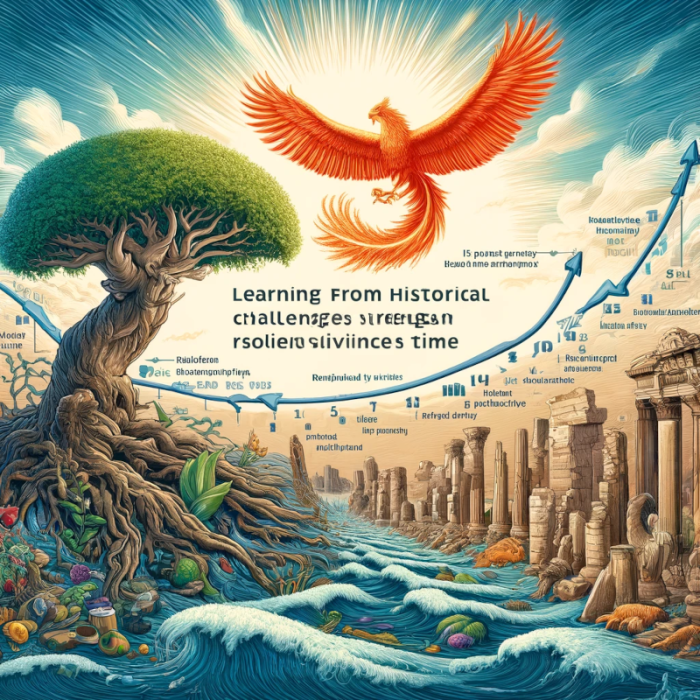A new study published in the journal Nature analyzes the history of human societies to better understand how adverse events affect their resilience. Led by Philip Riris from University College London, the team examined how humanity has managed to recover from various crises over the past 30,000 years. The results show that repeated environmental and cultural shocks, such as climate changes, famines, or wars, can paradoxically enhance the ability of societies to survive in the long term.
Crises that require adaptation and new solutions shape social systems in a way that makes them more resilient to similar situations in the future. The study also indicates that agricultural societies, while facing a higher risk of population decline during disasters, have mechanisms that allow them to recover quickly for long-term survival.
On the other hand, non-state societies may suffer long-term losses due to short-term crises. This study provides valuable insights into how humanity can cope with current challenges, such as climate change, global economic uncertainty, and political unrest.
In today's context, these findings can help us better understand what steps should be taken to build resilience against current and future threats.
The article with the research results published in Nature can be found here.
Image: Credit: Image created by OpenAI's DALL-E 2, used with permission.
Source: www.nature.com


Pridať nový komentár